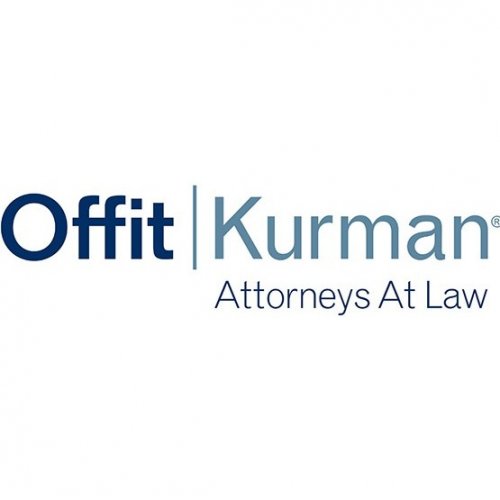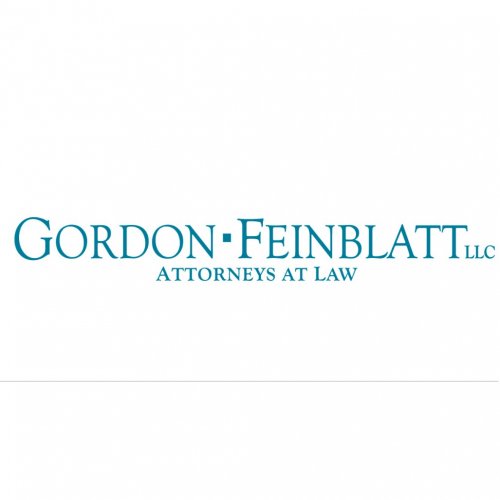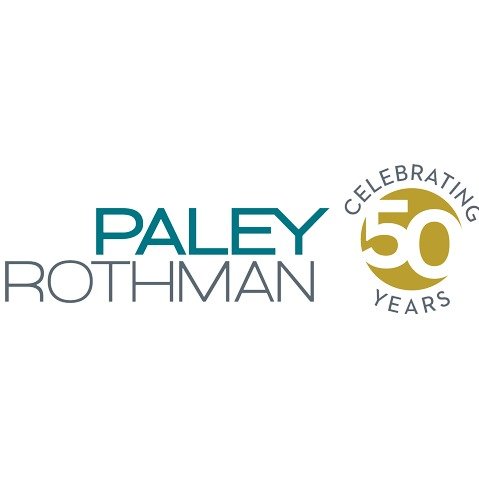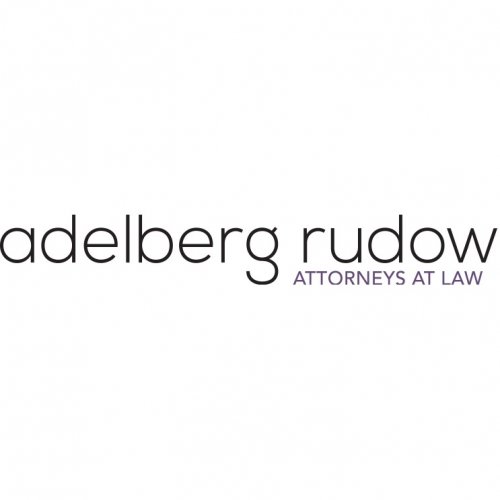Best Government Relations & Lobbying Lawyers in Maryland
Share your needs with us, get contacted by law firms.
Free. Takes 2 min.
Or refine your search by selecting a city:
List of the best lawyers in Maryland, United States
About Government Relations & Lobbying Law in Maryland, United States
Government relations and lobbying involve influencing legislation and government policy in favor of specific interests or organizations. In Maryland, these activities are regulated to ensure transparency, ethical standards, and public accountability. People who engage in lobbying, whether as professionals or on behalf of a business or nonprofit, must navigate state and local requirements regarding registration, reporting, and permissible activities. The Maryland Public Ethics Law is the primary legislative framework overseeing lobbying and government relations at the state level.
Why You May Need a Lawyer
Engaging in government relations or lobbying without a clear understanding of the law can lead to unintentional violations, expensive fines, and reputational damage. Here are some common situations where legal assistance is critical:
- Registering as a lobbyist and meeting all reporting obligations
- Ensuring compliance with gift, contribution, and conflict of interest regulations
- Structuring government relations strategies within ethical and legal boundaries
- Responding to government investigations or audits regarding lobbying activities
- Advising nonprofits and businesses about interactions with government officials
- Defending against allegations of improper influence or undeclared lobbying
- Amending errors or omissions in lobbying disclosures
Local Laws Overview
Maryland has specific laws governing lobbying activities, focusing on registration, disclosure, and conduct. The Maryland Public Ethics Law requires individuals or entities who communicate with public officials to influence executive or legislative actions, and who meet certain compensation or spending thresholds, to register as lobbyists with the State Ethics Commission. Lobbyists must file detailed periodic reports disclosing expenditures, clients, and subject matter lobbied.
Maryland law also restricts certain interactions between lobbyists and officials, such as limitations on gifts and campaign contributions. At the local level, many counties and municipalities have their own lobbying ordinances, occasionally imposing stricter requirements. Failure to comply can result in penalties, suspension of lobbying privileges, and even criminal charges in serious cases.
Frequently Asked Questions
What qualifies as lobbying in Maryland?
Lobbying in Maryland generally includes attempts to influence executive or legislative action, policy, or procurement decisions through communication with public officials, particularly when combined with expenditures or compensation exceeding set thresholds.
Do I need to register as a lobbyist?
If you meet Maryland’s specific criteria for compensation or spending while attempting to influence government decisions, you are required to register with the Maryland State Ethics Commission before engaging in any lobbying activities.
What is required in lobbying disclosure reports?
Lobbying disclosure reports in Maryland must include details about your clients, total compensation received, expenditures made, and the subjects or matters addressed during lobbying activities.
Are there restrictions on gifts and entertainment?
Yes. Maryland law prohibits lobbyists from providing most gifts, meals, trips, or entertainment to officials or their immediate family members, with limited exceptions and strict reporting requirements.
What happens if I fail to comply with lobbying laws?
Non-compliance can result in civil fines, criminal prosecution for severe violations, termination of your lobbying privileges, and other disciplinary actions.
Do local governments have additional rules?
Many counties and municipalities in Maryland have their own lobbying regulations, which may impose additional registration or reporting requirements different from state law, so local compliance is essential.
Can nonprofits or grassroots organizations lobby?
Yes. Nonprofit organizations may engage in lobbying but must comply with registration and reporting rules, and should be mindful of any IRS or state restrictions affecting their tax-exempt status.
Are public relations or educational activities considered lobbying?
Not all public relations or educational outreach qualifies as lobbying. In Maryland, only activities meant to influence specific governmental actions are typically covered, but legal interpretation can be complex.
How are campaign contributions by lobbyists regulated?
Maryland law places restrictions on campaign contributions by registered lobbyists, especially when contributing to officials or candidates involved in matters the lobbyist is seeking to influence.
How can a lawyer help navigate lobbying laws?
A lawyer can help you understand your obligations, register properly, prepare disclosure filings, address potential conflicts of interest, and defend you if you face investigations or enforcement actions related to lobbying.
Additional Resources
Those seeking more information or assistance with government relations and lobbying in Maryland may find these resources helpful:
- Maryland State Ethics Commission - the central authority for state-level lobbying registration and disclosure
- Maryland General Assembly - offers updates on legislation affecting lobbying
- County and city ethics boards - for local lobbying ordinances and assistance
- Maryland Office of the Attorney General - provides legal opinions and enforcement of public ethics laws
- Professional associations such as the Maryland Government Relations Association
Next Steps
If you are considering lobbying in Maryland or have questions about government relations and compliance, start by clarifying your goals and potential activities. Review the requirements of the Maryland Public Ethics Law and any relevant local ordinances. Consulting with a qualified lawyer who specializes in lobbying law is highly recommended to ensure you understand your obligations, register appropriately, and fulfill all reporting requirements. If you are already involved in lobbying and face legal issues or investigations, seek experienced legal representation immediately to protect your interests and resolve any compliance challenges effectively.
Lawzana helps you find the best lawyers and law firms in Maryland through a curated and pre-screened list of qualified legal professionals. Our platform offers rankings and detailed profiles of attorneys and law firms, allowing you to compare based on practice areas, including Government Relations & Lobbying, experience, and client feedback.
Each profile includes a description of the firm's areas of practice, client reviews, team members and partners, year of establishment, spoken languages, office locations, contact information, social media presence, and any published articles or resources. Most firms on our platform speak English and are experienced in both local and international legal matters.
Get a quote from top-rated law firms in Maryland, United States — quickly, securely, and without unnecessary hassle.
Disclaimer:
The information provided on this page is for general informational purposes only and does not constitute legal advice. While we strive to ensure the accuracy and relevance of the content, legal information may change over time, and interpretations of the law can vary. You should always consult with a qualified legal professional for advice specific to your situation.
We disclaim all liability for actions taken or not taken based on the content of this page. If you believe any information is incorrect or outdated, please contact us, and we will review and update it where appropriate.
Browse government relations & lobbying law firms by city in Maryland
Refine your search by selecting a city.













